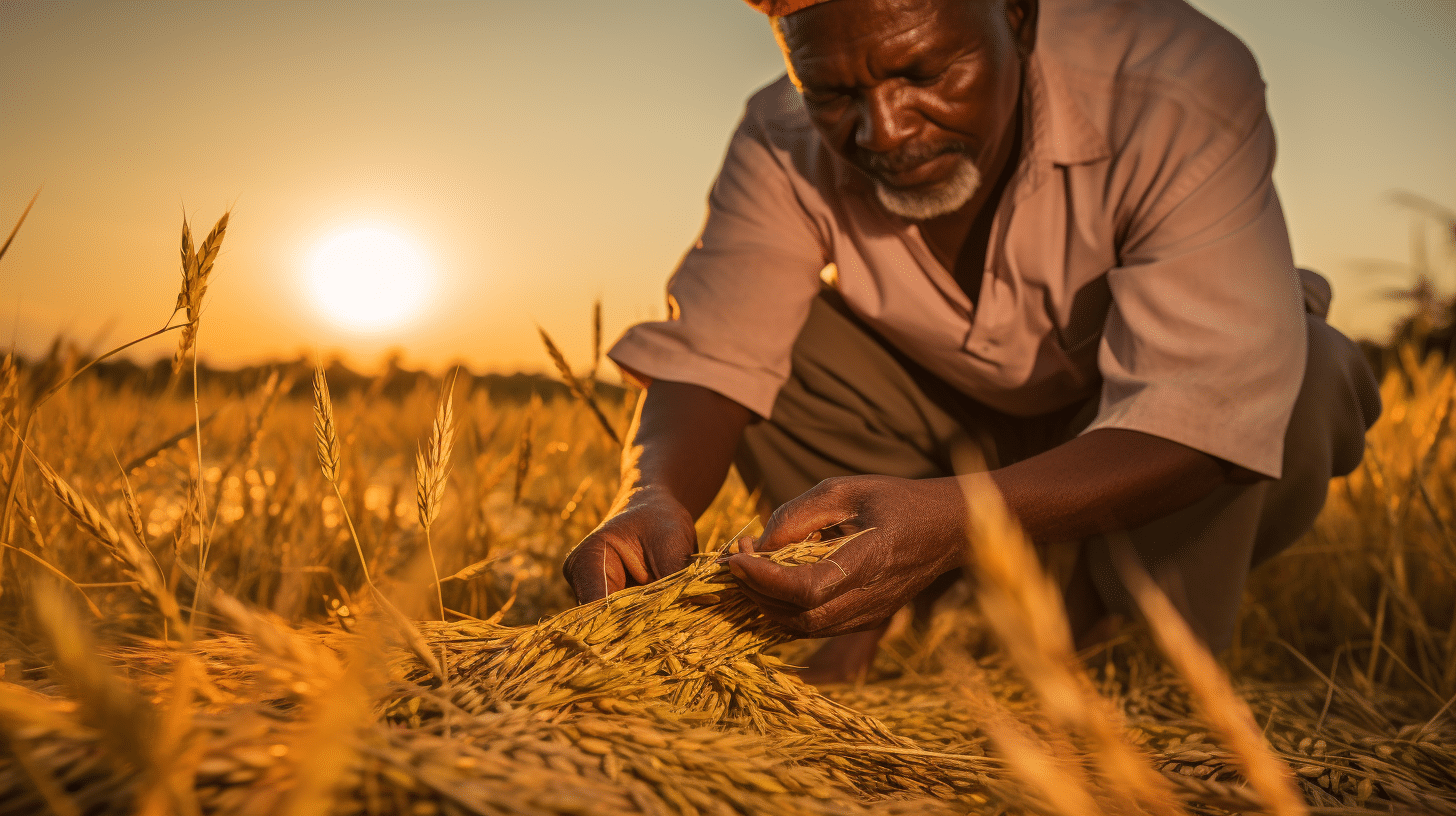Rice farming in Kenya has been improved more especially by the discovery of the new breed. Hopes of Kenyan farmers continue to increase hence the country can reduce the continued reliance on foreign imports to have one of the staple food for its citizens. The new breed is known as IR522 that has newly developed strains and further uses less amounts of water than the rest of other varieties. The breed has been noted to deliver high yields and that makes it suitable for many Kenyans as it has been discovered further that it can provide a lot of proteins to majority of Kenyans. Agricultural experts are devising mechanisms that can be used to make the country be one of the topmost producers of rice in the place.
Rice consumption in the country has been a necessity as the statistics indicate that majority of families take it for lunch and situations that need food that is prepared in a more fast and cheap way. Rice has been noted to be the third most consumed in the country. Kenya produces a total of about 110,000tonnes but the average comes to about 30000tones making it necessary to import more rice. The above reasons have made it necessary for the rice farmers to look for ways of increasing the supply to the market. The major reason for encouraging the huge production of local rice is due to the fact that global prices keep fluctuating hence affecting the expenditure for many Kenyans.
Investment in IR522
The breed continues to do well and was made and created by the Kenya Agricultural Institute that had a long term partnership with the international rice research institute. The experts believed that the breed is so far the best breed that is currently in the rice market. The breed uses about 70percent less levels of water than other breeds hence needs less irrigation. It has additional nutritional benefits to the body. The rice has proved to be the most popular and effective breed of rice in the modern society. The government continues to get a helping hand from well wishers that have the intention of seeing the country improve in its level of rice production. Local and internal problems affecting farmers are being eradicated as a major way of encouraging the production.



0 comments